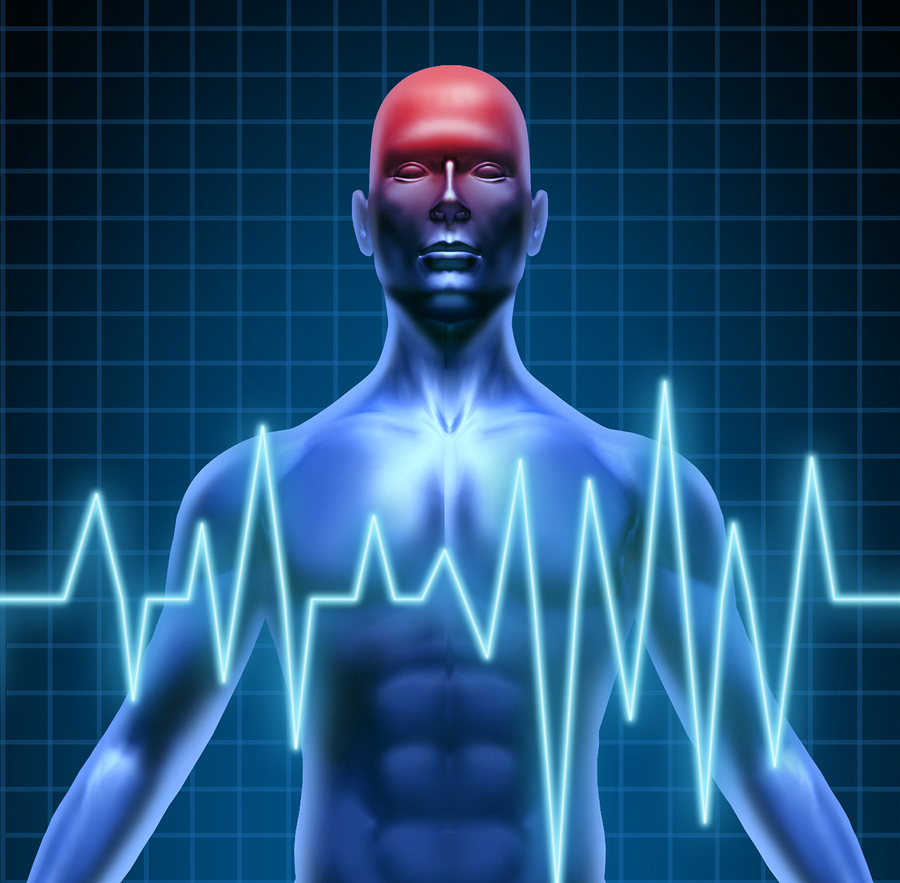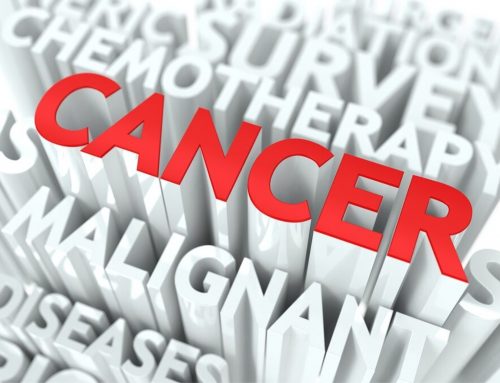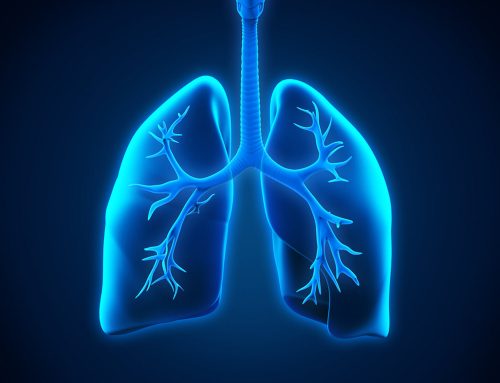Anyone could have a stroke, but there are some situations that can make a stroke more likely for your senior. It’s a good idea to learn as much as you can about strokes, particularly the warning signs of a stroke so that you can respond appropriately in an emergency.
Think FAST if You Suspect a Stroke
While it is true that you want to take action quickly if you think your senior is having a stroke, FAST is an acronym designed to help you to remember symptoms. The acronym breaks down like this:
Face drooping, typically on one side
Arm weakness, also on one side
Speech problems
Time to call for help
When you do call 911 for help, make sure that you tell them any symptoms you’re noticing. They may ask other questions as well to try to assess what’s going on with your senior.
There May Be Other Symptoms, Too
There are some other symptoms of strokes, too. Suddenly becoming confused or numb are just two. Your senior may also suddenly have trouble seeing or may experience sudden dizziness or loss of balance. A sudden headache is usually a bad sign, too, and can be associated with stroke. Sometimes these symptoms are not as obvious or may occur before the typical stroke symptoms.
Prevention Is Important
Preventing a stroke is always preferable if there’s a way for you and your senior to do that. Diet, exercise, sleep, and maintaining healthy stress levels are all important ways to work toward preventing strokes. If your senior has a family history of strokes, she needs to be especially vigilant about doing what she can to adjust her lifestyle.
Recovery Is Possible with Help
If your elderly family member does have a stroke, responding quickly is the most important part of recovery. Many people with even severe strokes can recover much more readily if they get medical treatment as soon as possible. Your senior may need additional help when she’s recovering afterward, too. Elderly care providers can make a tremendous difference in your senior’s ability to recover at home safely.
Talk to your elderly family member’s doctor about her possible risk of having a stroke. Family history is part of the equation, but there are other factors at play, too. Fully understanding the risks your senior faces helps you to be as prepared as possible just in case something should happen.
If you or an aging loved-one are considering hiring Home Care in Tuskegee, AL, please contact the caring staff at Prime Home Health today. Caring for Our Friends and Neighbors in Tallapoosa, Chambers, Lee, Macon and Russell Counties! Call us 24 hours a day, 7 days a week! 334.745.7966




